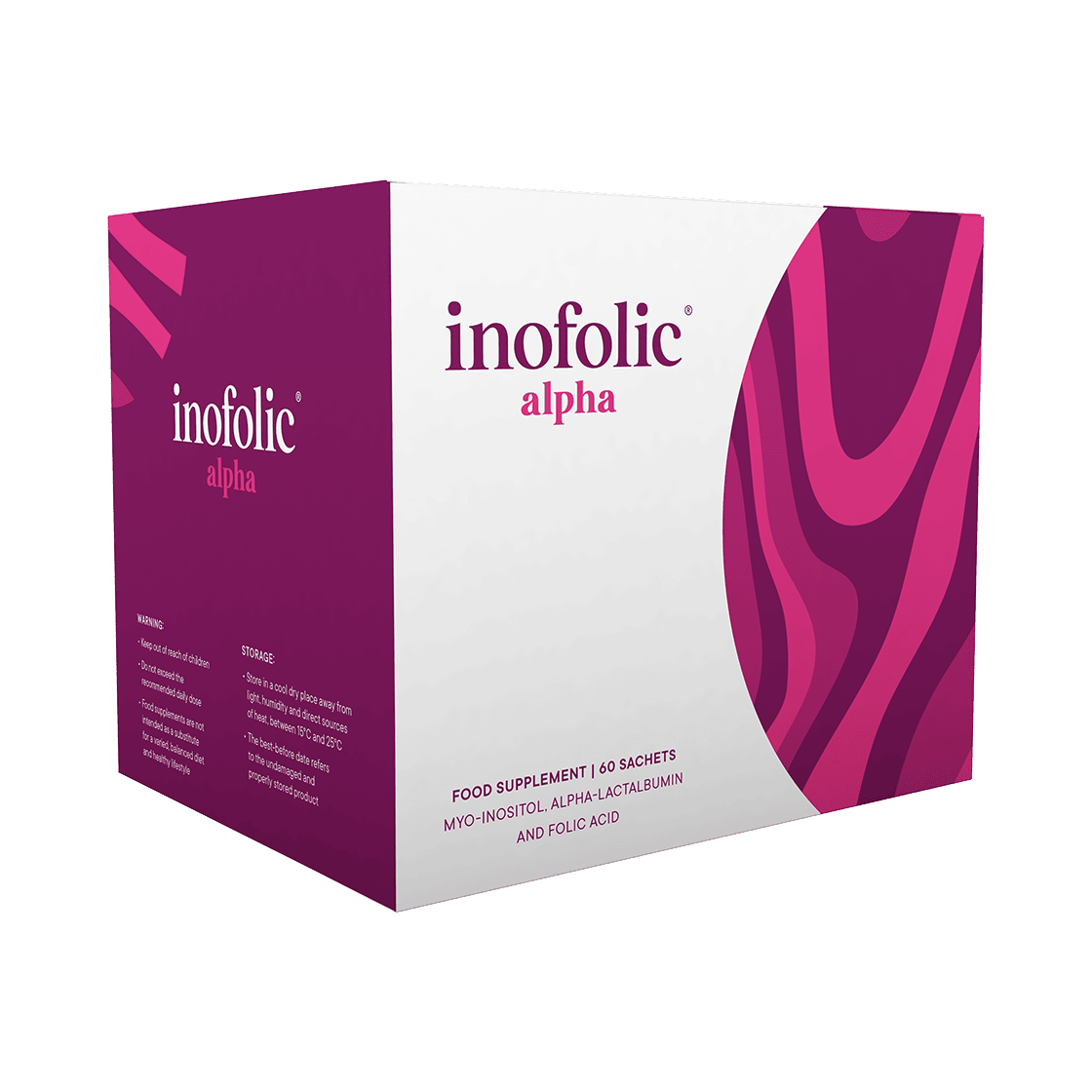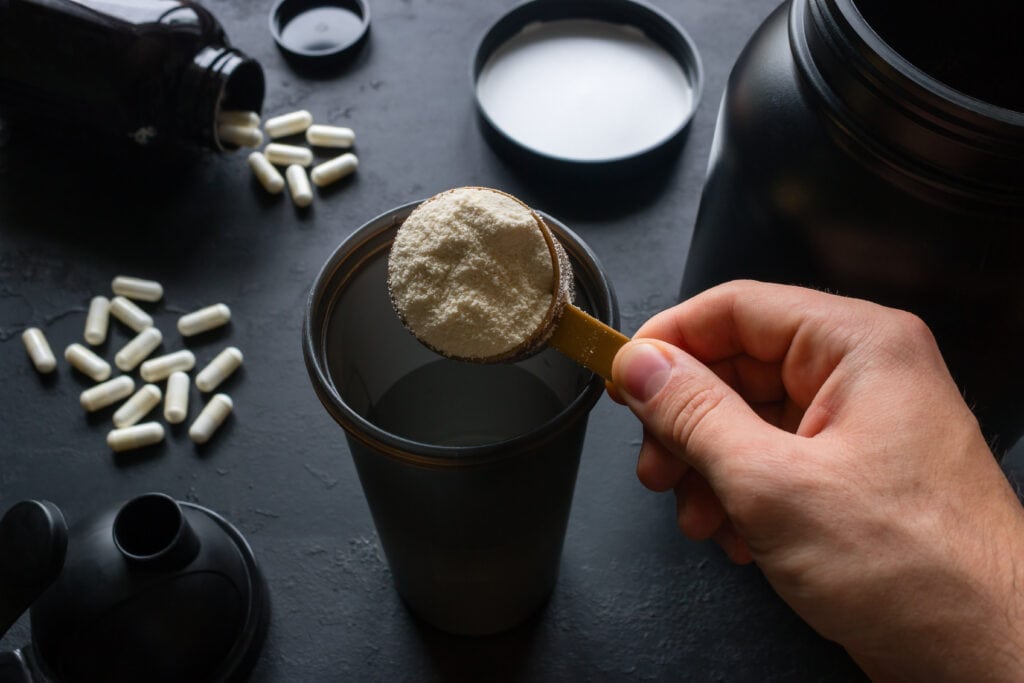If you have a number of the symptoms above, you may very well have PCOS. Having said that, a number of these symptoms are associated with different conditions, they are not exclusive to PCOS.
The nature of PCOS makes it very easy for people to end up not being diagnosed or being misdiagnosed with a different condition. You shouldn’t attempt to diagnose yourself with PCOS after searching online. Instead, we recommend that you speak to your doctor and share your concerns with them.
Once you arrange to meet with your doctor they will conduct tests as well as look at your medical history to help come to a diagnosis.













